Fellow members of the keto community, keto dieters everywhere, we need to talk. I want…
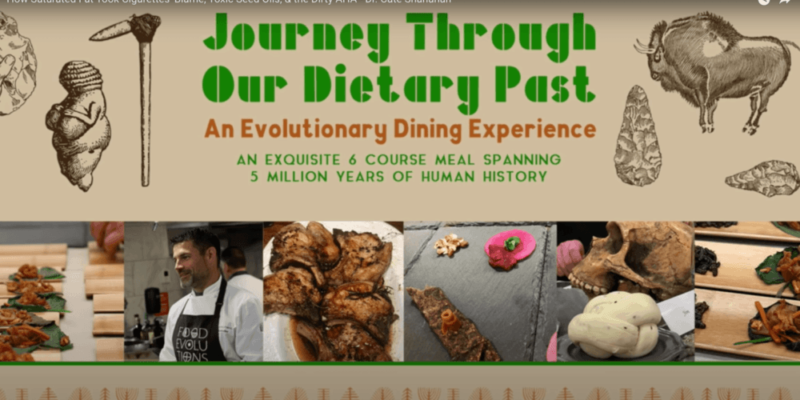
Why is Junk Food Bad for Your Health? It’s the FAT (mostly) but NOT the Saturated Fat
Table of Contents
- Everyone agrees junk food is unhealthy.
- Salt is the only natural, healthy ingredient in junk food.
- If you want to understand whether saturated fat makes junk food unhealthy, you can do this very simple experiment.
- The AHA promotes the seed oils used in junk food as healthy.
- Once you start looking, you’ll find seed oils are the ingredient common to the worst of the worst junk foods.
- If this is true, then time may be running out for our species.
- Further reading:
One of the central concepts in Deep Nutrition is this: Food is far more than calories. Food is information that helps our DNA do its job. And so when we talk about how processed food affects our health, there are more important effects than obesity to consider. I say more important because they are often irreversible, including the disruption of facial geometry.
But first I want to point out that there’s one ingredient in processed food that’s more important to avoid than all the rest. (If you already know what it is, scroll to the video below for the discussion about facial changes).
Everyone agrees junk food is unhealthy.
Nobody recommends basing your diet on potato chips. But we’ve been terrifically unclear on precisely why potato chips and other processed foods are bad for our health. Some point to salt. Some point to saturated fat. And some point to sugar and highly refined flour. It’s true that sugar and highly refined flour are empty calories and nobody should base their diet on them. But what about the salt and saturated fat?
This article is continued below...(scroll down)
There’s actually no evidence that either salt or saturated fat are inherently unhealthy.
Let’s start with salt. Scientists who are not beholden to the processed food or pharmaceutical industries have been trying to tell us—for years—that salt is not the reason junk food is unhealthy (more info/references below).
Salt is the only natural, healthy ingredient in junk food.
Salt is something our bodies need, and so our bodies are very good at sensing salt. We’re so good at sensing salt that when our food is oversalted we spit it out. And, our kidneys easily eliminate salt in the event we do consume too much. So it’s hard to get too much salt into your body and it’s even harder to keep too much salt in your body.
In fact, this is an experiment you can try at home if you’re adventurous, reasonably healthy, and have a blood pressure cuff. Check your blood pressure. Then eat as much salt as you can, but not junk food. Then check your blood pressure every hour for six hours. Chances are it won’t change much if at all. (If you have kidney, liver, or heart disease, don’t do this). What you may notice is a sudden increase in thirst for water. That’s your kidneys talking to you. If your body already has plenty of salt, then your kidneys notice the extra and make you thirsty to help eliminate what you don’t need.
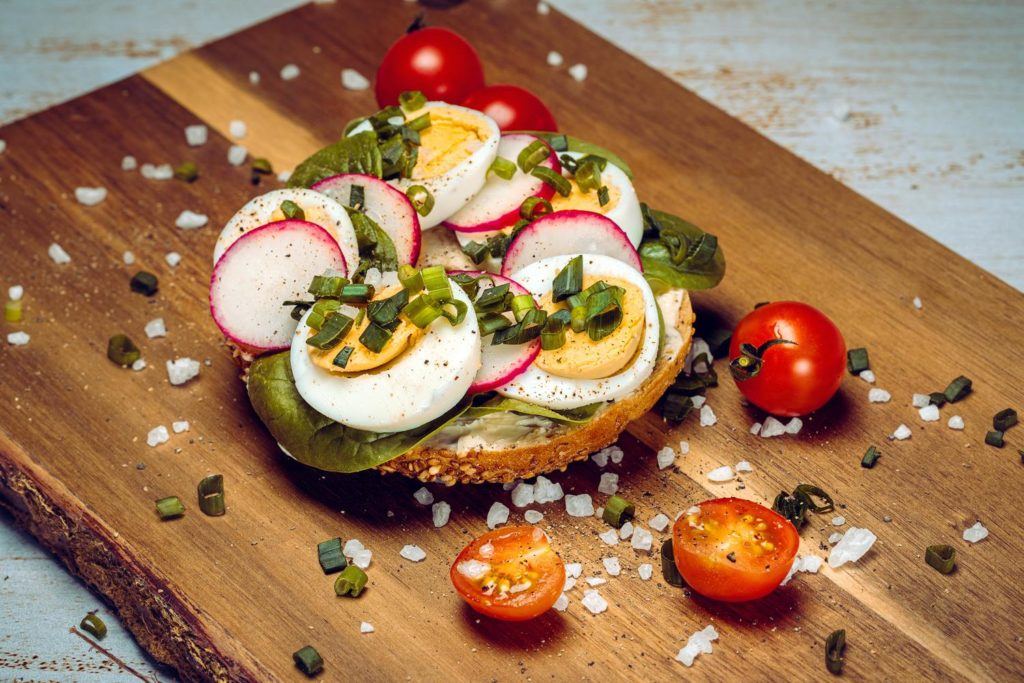
As far as saturated fat goes, the conflicts of interest behind this fake news idea that saturated fat clogs our arteries should be common knowledge by now, but unfortunately, they’re not. If the idea that saturated fat is good for your health—even though it will raise your LDL—is new to you I’ve linked to a few resources below that will blow your mind.
If you want to understand whether saturated fat makes junk food unhealthy, you can do this very simple experiment.
Just check the ingredient labels on junk foods like chips, cookies, crackers and you’ll notice they’re not cooked in saturated fat-rich fats. Whether you shop at Whole Foods Market or The Dollar Store, the ingredients labels on most products in your kitchen right now most likely list something like the following: VEGETABLE OIL (CONTAINS ONE OR MORE OF THE FOLLOWING: COTTONSEED, CORN, CANOLA, SOYBEAN, SUNFLOWER, SAFFLOWER).They’re mostly made with, and cooked in, seed oils, which I call The Hateful 8.
The AHA promotes the seed oils used in junk food as healthy.
The American Heart Association says saturated fat is bad for us and they encourage us to consume oils that are low in saturated fat. Seed oils cost about 1/4 of what animal fats cost, and 1/10th the cost of olive oil. Seed oils need no refrigeration. Animal fats do, which further drives up the cost of foods made with saturated-fat-rich animal-based fats.
What a happy coincidence for the junk food industry that saturated fat-rich ingredients are not just less healthy but also more expensive than seed oils! Of course, I’m being facetious. The fact that the processed food industry relies on seed oils is the one and only reason the AHA says seed oils are healthy.
Why does it matter what the AHA says? Because the AHA educates doctors, nurses, dietitians and controls the Dietary Guidelines For Americans, which says that if schools, hospitals and other institutions that rely on government funding want the money they need then they can’t serve meals with more than 10% of their calories from saturated fat.

Once you start looking, you’ll find seed oils are the ingredient common to the worst of the worst junk foods.
Seed oils are toxic. This is not a new, fringe idea. The scientists who study these oils and their effects on health have been trying for 150 years to reduce their toxicity. I’ve linked to a free lecture below, which you’ll enjoy if you’re a chemistry geek. Here’s the concluding slide from the lecture.
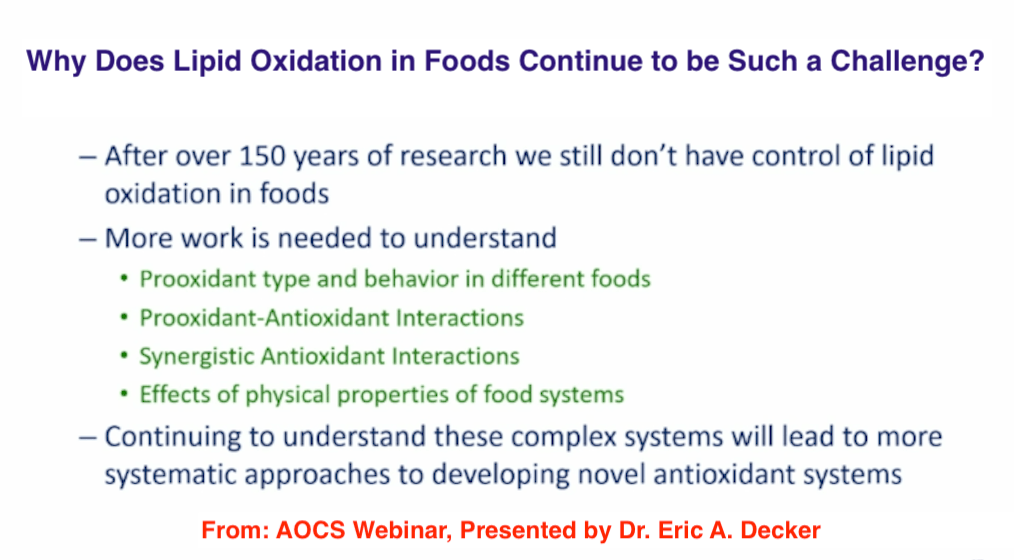
If you’re not a chemistry geek, you might enjoy the exchange at 44:38 where I ask one of the world’s most distinguished oil scientists the question, “If plant oils are so toxic why not go back to lard and tallow?” and he basically says that he would love to recommend the elimination of unstable seed oils in favor of traditional, more stable fats but can’t because of mandates to follow the Dietary Guidelines for Americans, which come from the AHA.
And thanks to the AHA, not only are we eating toxic seed oils instead of the nourishing fats our bodies need, we’ve been eating them in greater and greater quantities over the past 70 years.
In the video below, I suggest that the health consequences of eating these oils in such excess include disruption to our skeletal growth and that there is reason to believe these detrimental nutritional effects may be magnified between generations.
If this is true, then time may be running out for our species.
This video was made during a dinner presentation in the greater Washington DC area during the production of a film called Food Lies, by Brian Sanders and Jay Hanamura. It will blow your minds (and hopefully will be released soon).
The dinner was an incredible, sold-out event. It was a 6-course meal that took those of us in attendance through 6 million years of human culinary and evolutionary history. Interestingly, every course was accompanied by some alcohol!! “Accidental fermentation” they call it—and we’re not the only species to enjoy this particular type of accidental fermentation. The recording took place after all 6 courses were served, hopefully, you can’t really tell.
The filmmakers Brian and Jay belong to a quietly growing movement that I am proud to be part of and that considers food as a force of nature that helped create our human anatomy, physiology, and genetics. Members of the movement believe that our health today depends on eating the same kinds of foods we ate in the past, and this belief emerges from a field of science called epigenetics, which deals with how genes interact with their environment. This belief aligns with the philosophy of Deep Nutrition, and, in fact, Deep Nutrition is still the only book that breaks down the four elements common to all ancestral diets.
Our view of nutrition is born of respect for the wisdom of the past, specifically, the reason we want to understand how our ancestors ate is because it’s thanks to them that we exist today and all evidence suggests they were far healthier than most of us are today, lifespan statistics notwithstanding.
This movement uses terms like Ancestral Health, Ancestral Eating, and Ancestral Diet to describe our focus. We are the people who respect science and natural law. In fact, many of us see science and the rules of nature as one and the same because good science probes the inner workings of natural law.
The video above reflects my opinions and not necessarily those of the entire Ancestral Health Movement.
The part of the video where I talk about how we instinctively recognize the geometry of functional growth and that beauty is partly in the eye of the beholder but partly built into the fabric of the universe is going to ruffle some feathers. You might want to watch it now, while you still can!
A Few of The Famous Folks in the Ancestral Health space:
- Mark Sisson
- Robb Wolf
- Weston A Price
- Katie Wells
- Rhee Drummond (she may not think of herself as Ancestral, but she is!)
Further reading:
Salt not associated with health problems: https://academic.oup.com/eurheartj/article-abstract/41/35/3363/5917753
Conflicts of interest among those claiming saturated fat is unhealthy: https://drcate.com/cholesterol-what-the-american-heart-association-is-hiding-from-you-part-1/
THE SCIENTIFIC EVIDENCE ON SATURATED FATS from a not for profit website dedicated to nutrition policy https://www.nutritioncoalition.us/saturated-fats-do-they-cause-heart-disease
A “users guide” to saturated fat: https://www.dietdoctor.com/low-carb/saturated-fat (scroll to heading “Saturated fat and health risks: the evidence to date”)
Oil scientists have been unable to prevent toxins from forming in seed oils for 150 years, and they’re still trying. Here’s a lecture by one of the most widely respected oil scientists in the world: https://www.youtube.com/watch?v=B_U_9vvpDWo Please listen at 44:38 to find out how he answers my question “if plant oils are so toxic why not go back to lard and tallow?”
This Post Has One Comment
Note: Please do not share personal information with a medical question in our comment section. Comments containing this content will be deleted due to HIPAA regulations.
















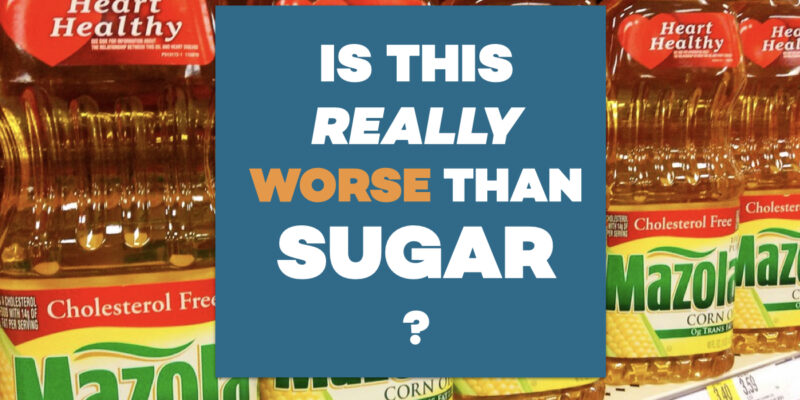
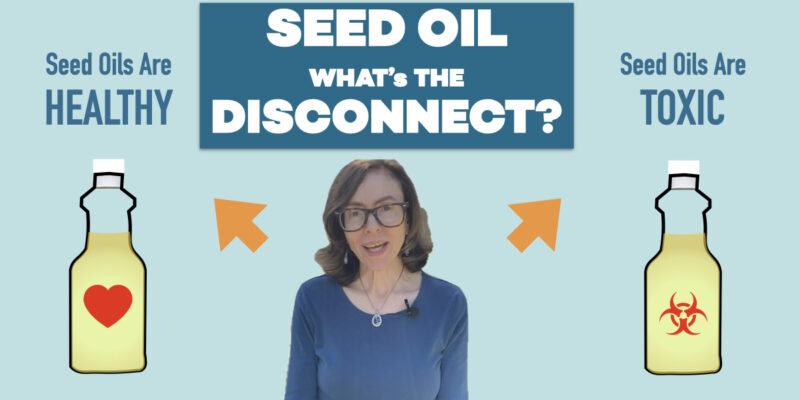
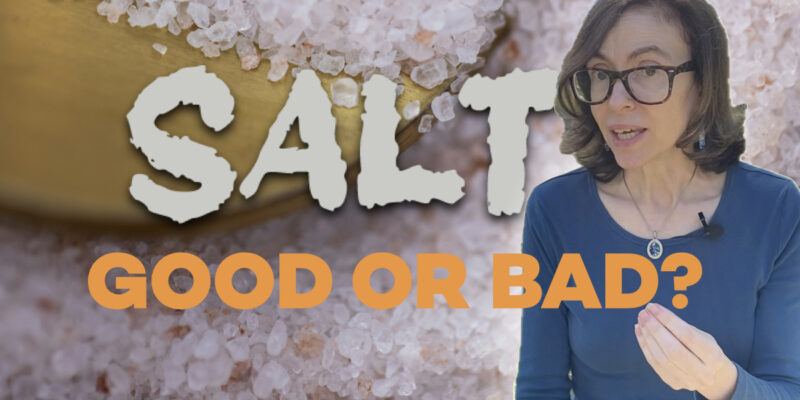
I sent you an email with a couple of typos. ralph